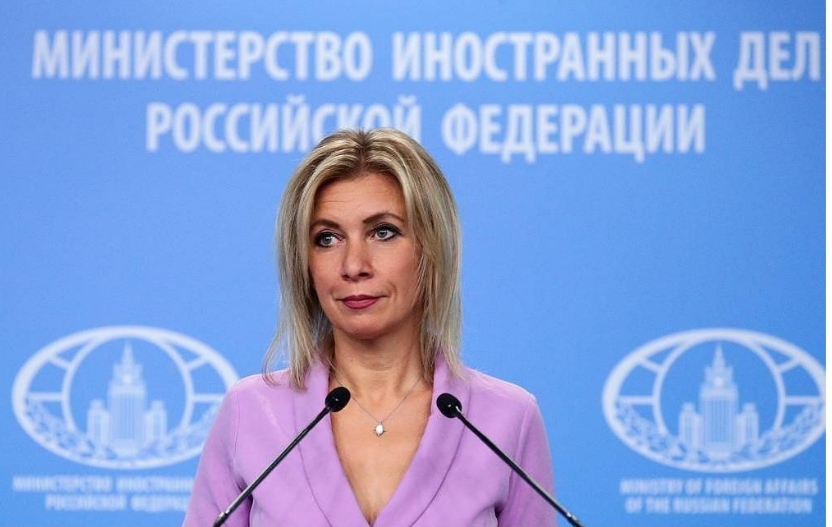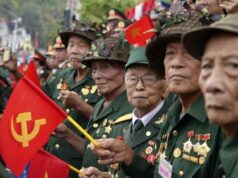EU sticks to colonial paradigm of world order – Russian diplomat
Maria Zakharova expressed regret the collective West “has assumed the right to take care of the world’s future at a time when the world is not asking for this

Russian Foreign Ministry spokeswoman Maria Zakharova
In its actions and views on the world processes the European Union has never abandoned the principles of colonialism and the misappropriated right to meddle in the affairs of other countries without any sufficient reasons, Russian Foreign Ministry spokeswoman said Maria Zakharova.
“As far as Mr. Josep Borrel (the EU’s High Representative for Foreign affairs and Security Policy) and his understanding of what is the EU’s zone of responsibility and what is not the EU’s zone of responsibility are concerned, it is very wrong to say that colonialism is gone. They [the European countries] have not forgotten about it for a moment. They have lived in accordance with this paradigm all along. On the face of it, their statements were different, but the attitude to other countries of the world relied precisely on this vision of the world,” Zakharova said.
She expressed regret the collective West “has assumed the right to take care of the world’s future at a time when the world is not asking for this.”
In her opinion to avoid military conflicts the world should get back to the basics of international law on the basis of the UN Charter.
“The world is asking [the West] only for one thing – to return to the fold of international law. As you may know, Russian Foreign Minister Sergey Lavrov addressed the UN with an idea of a hashtag – #OurRulesUNCharter. In other words, it is a call for returning to the fundamental principles that took decades to create, that have been approved collectively and that have performed the main function – they prevented the world from plunging into another disaster like those humanity experienced in the 20th century,” Zakharova said.



